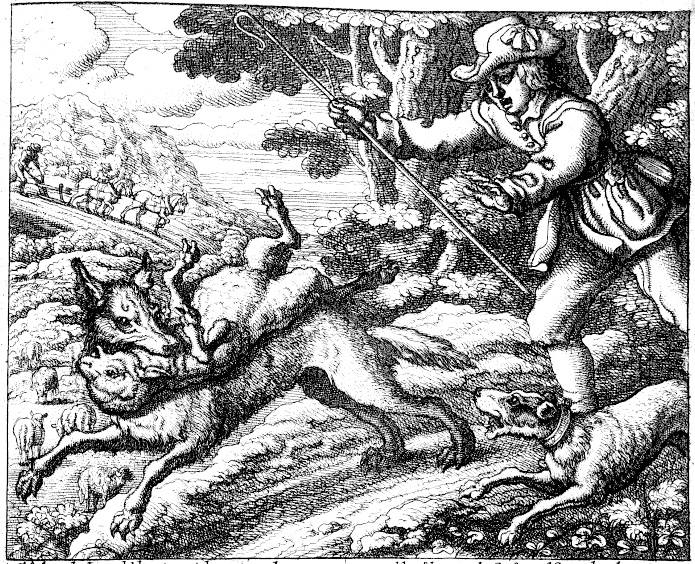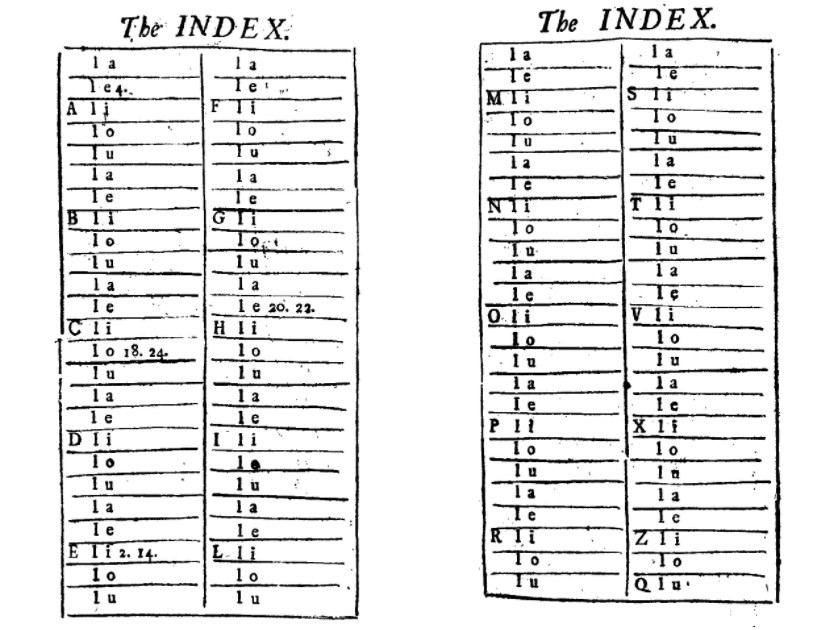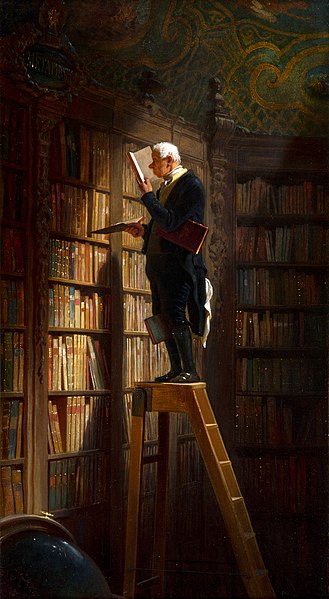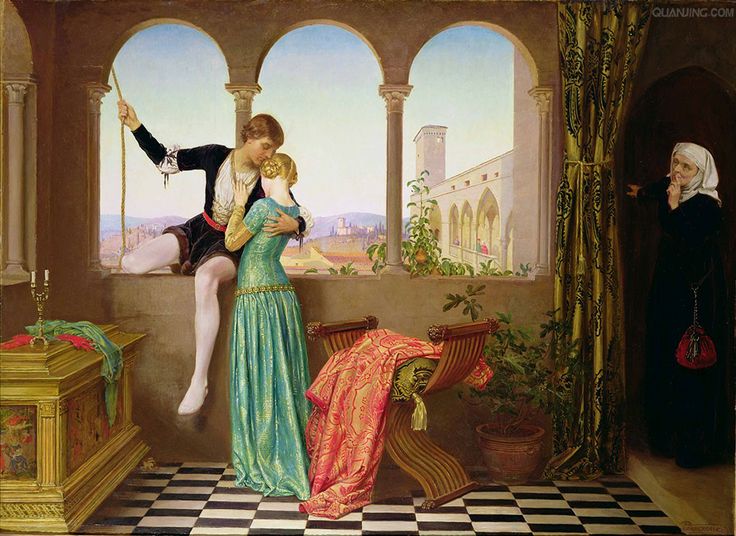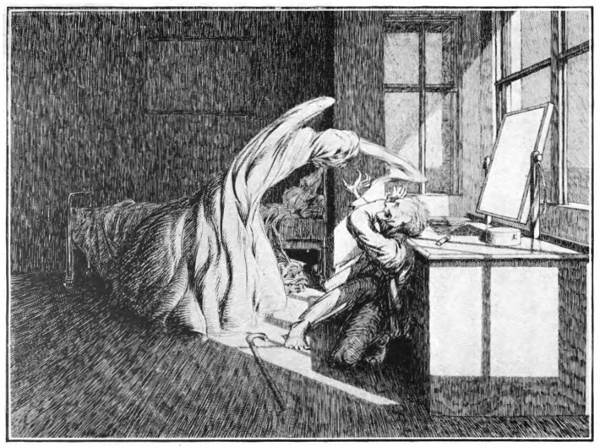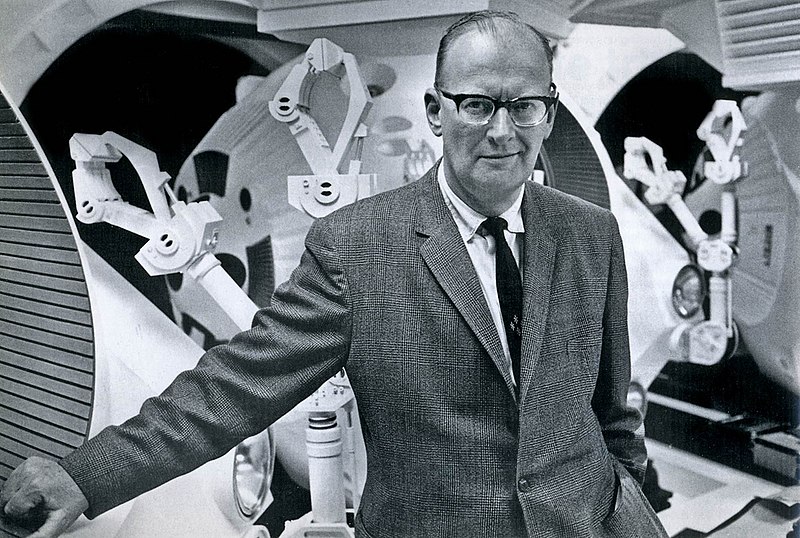
The standards for the British science fiction comic Dan Dare, Pilot of the Future were so high that the editors hired a young Arthur C. Clarke to serve as science and plot adviser. Clarke wrote to publisher Marcus Morris in spring 1950:
I think this might amuse you. Yesterday I was lecturing at the Royal Geographical Society on the problem of interplanetary navigation … After a highly technical series of remarks, [one of the other speakers] ended up by asking ‘Will Dan Dare reach Venus?’
He did. Clarke left the job after six months — he was said to have thought that “the standard of work and research was so high that they were wasting their money getting him to check it.”
(From Jason Dittmer, Comic Book Geographies, 2014.)

